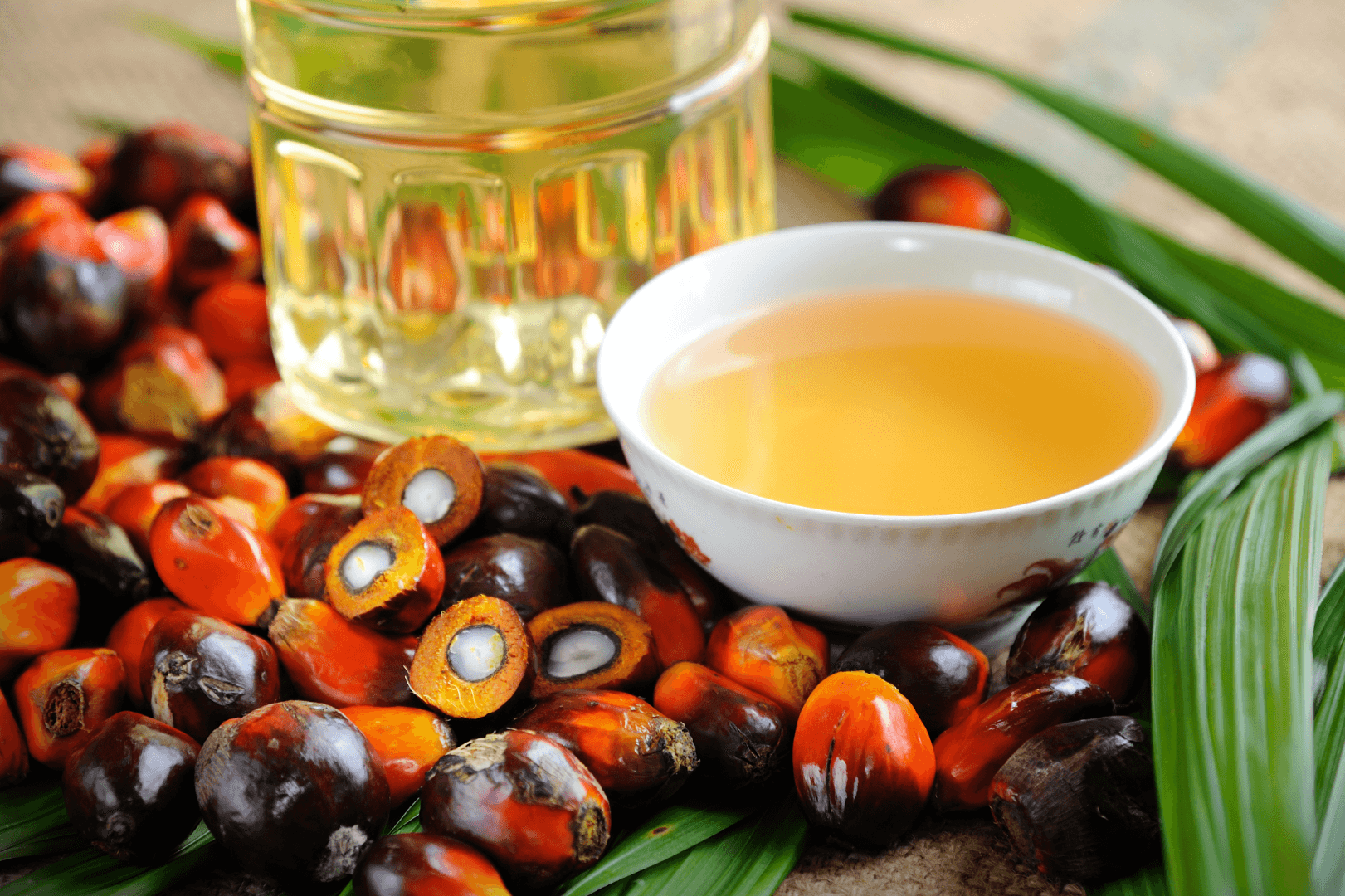It is believed that it is better not to buy products containing palm oil, since their use can be harmful to the body. We decided to check whether there are grounds for such fears.
Articles stating that palm oil causes cancer, increases cholesterol and has other negative effects on health can be found here. meet on news resources, in glossy magazines, on portals about diets And nutrition, websites about modern technologies. Meet on the Internet lists “palm oil foods you should never eat.” Internet users also write about its possible harm in blogs on “Zene" And "Pulse" Similar discussions are also common on service portals. questions And answers. Some researchers even compare actions of palm oil producers with the work of the tobacco and alcohol lobby, when it is obvious (in the case of cigarettes and alcohol) a harmful product, thanks to marketing, becomes popular.
Palm oil obtained from the fruits of oil palms. This is the most popular vegetable oil in the world, since its production requires several times less farmland than the same amount of sunflower, rapeseed or soybean oil. In addition, palm oil has a number of advantages: it retains a semi-solid consistency at room temperature, which is convenient when preparing various spreads (for example, chocolate spread), does not oxidize for a long time (which means products with it are stored longer), and does not have a pronounced color, taste or smell (that is, it does not affect the appearance and organoleptic characteristics of the finished product). It is not surprising that palm oil is popular in the food industry: in 2020, global production reached 73 million tons, and by 2050 experts predict an increase in this figure to at least 264 million tons. And all this despite the not-so-best reputation of this product.
Palm oil includes contains several types of fatty acids: saturated (49 g per 100 g of product), polyunsaturated (9 g) and monounsaturated (37 g). For comparison, in olive oil contains only 14 g of saturated fatty acids, and sunflower — 10 g. This is the type of fat counts the most harmful to health, with the possible exception of trans fats, which are even more harmful. Interestingly, it is precisely the rejection of trans fats due to their adverse effects on the body called In the 1990s, there was such an active spread of palm oil in countries where it had not previously been used.

American Heart Association warns from eating large amounts of foods containing saturated fats, recommending a limit of 13 g per day. Otherwise, the level of bad cholesterol (scientists differentiate two types of this substance: low-density lipoprotein, the bad one that accumulates on the walls of blood vessels, and high-density lipoprotein, which, on the contrary, reduces the risk of cardiovascular diseases) in the blood can increase and pose a health threat. Same goes for saturated fat. adhere to and experts at the US National Library of Medicine (although they indicate the permissible intake limit is 22 g). True, such fats are found not only in palm oil, but also in red meat (beef, pork, lamb), lard and poultry (especially if it is eaten with skin). Experts at Harvard Medical School notethat palm oil is a healthier choice than trans fats or butter (there is also a lot of saturated fat - 51 g per 100 g), but it is better to give preference to olive or rapeseed.
In addition, there are studies confirming that repeatedly heated palm oil, used in cooking or included in semi-finished products, increases the risk of atherosclerosis even more than “fresh” palm oil. Malaysian scientists (and Malaysia is one of the leading countries for the production of palm oil) in 2012 carried out experiment: laboratory rats were divided into three groups, one of which was fed fresh oil, the second - heated oil five times, the third - heated ten times. Six months later, the researchers saw that the blood vessels of rats that received reheated oil with food were subject to the most severe atherosclerotic changes.
By data US Food and Drug Administration (FDA), refined palm oil contains glycidyl ethers (impurities formed as a result of heating vegetable oils above 230 ° C). Unlike unrefined (that is, simply squeezed from the seed), refined (or purified) oils go through several degrees processing: actual refining (all impurities are removed from fatty acids, including beneficial ones), bleaching and deodorizing (steaming oil at a temperature of 240–260 ° C to remove odors). Actually, this last process leads to the formation of glycidyl ethers. In high concentrations, they, in turn, become a carcinogen for animals and a probable carcinogen for humans. European Food Safety Authority (EFSA) notesthat there really is reason to be concerned about health when consuming products containing these esters. This is especially true for those whose diet contains them in large quantities, and small children. IN researchA study conducted by EFSA in 2016 found that rats treated with glycidol (the substance into which glycidyl esters are converted when ingested in the gastrointestinal tract) were more likely to develop various tumors. However, there is no evidence yet that consuming palm oil can cause cancer or other tumors to develop in humans.

At the same time, in the European Union since 2019 there have been standards, establishing the maximum permissible amount of glycidyl ethers in food products, so that the conventional Nutella (the company that produces it, Ferrero encountered with sales falling since the publication of the aforementioned rat study), it is most likely quite safe. In Russia there is such standard not yet, although there are periodic talks about its introduction.
In 2018, respected Spanish experts in the fields of dietetics, nutrition, toxicology and related disciplines met in Madrid to develop a consensus view on the impact of palm oil on human health. After studying the results of various studies, they came to conclusion, that at that time there was not sufficiently convincing evidence that consuming palm oil somehow increased the risk of cancer in humans. Some studies that revealed this relationship were conducted on animals; it is unreasonable to project these results onto humans.
As for the potential effect of palm oil on the development of obesity in comparison with other oils, here too the researchers were unable to find a direct relationship. This is confirmed results a review of scientific research conducted in 2018 by experts from several medical organizations under the Malaysian Ministry of Health.
Thus, to date, there is no convincing scientific evidence that consuming palm oil in food increases the risk of developing cancer in humans, although such an effect has indeed been recorded in animals. Due to its high content of saturated fat, this oil is really not very healthy and can contribute to the development of cardiovascular diseases. However, high levels of consumption of, for example, red meat and fatty poultry have the same effect. Experts advise eating fewer foods high in saturated fat in general. So, most likely, reducing the amount of palm oil in your diet and replacing it with olive or canola oil, which contain much less of this type of fat, will be a good idea.
Half-truth
Read on the topic:
- The Conversation. How palm oil became the world’s most hated, most used fat source
- The Guardian. How the world got hooked on palm oil
- Is it true that eating GMO foods can change your genetic code?
- Is it true that eating soy is harmful to health?
If you find a spelling or grammatical error, please let us know by highlighting the error text and clicking Ctrl+Enter.






